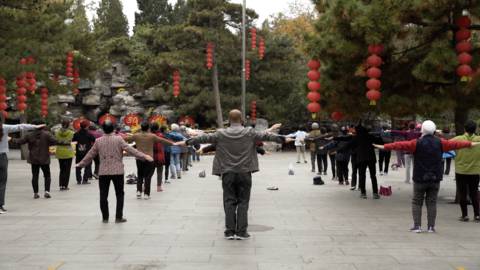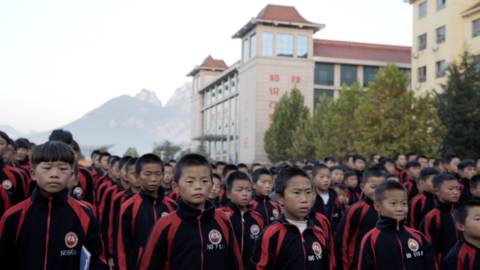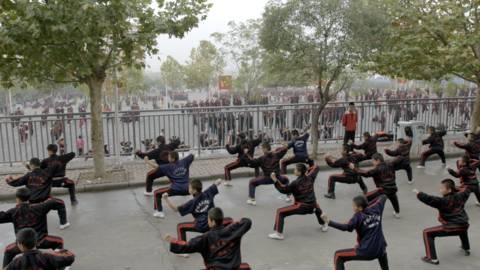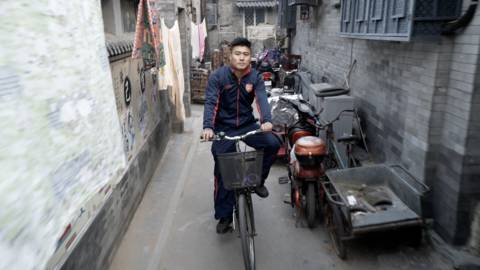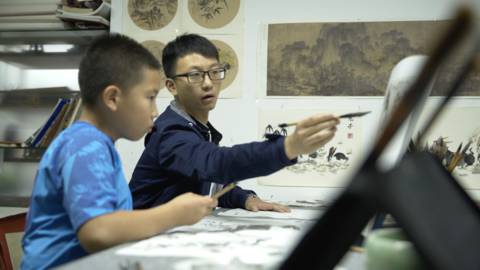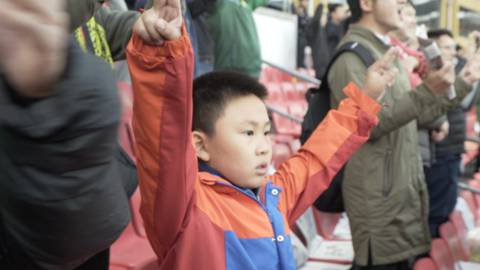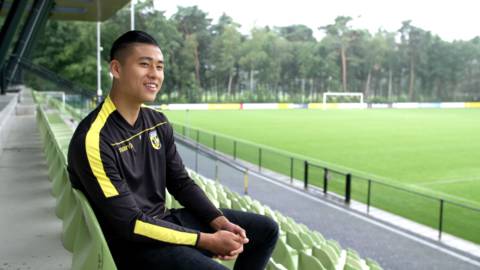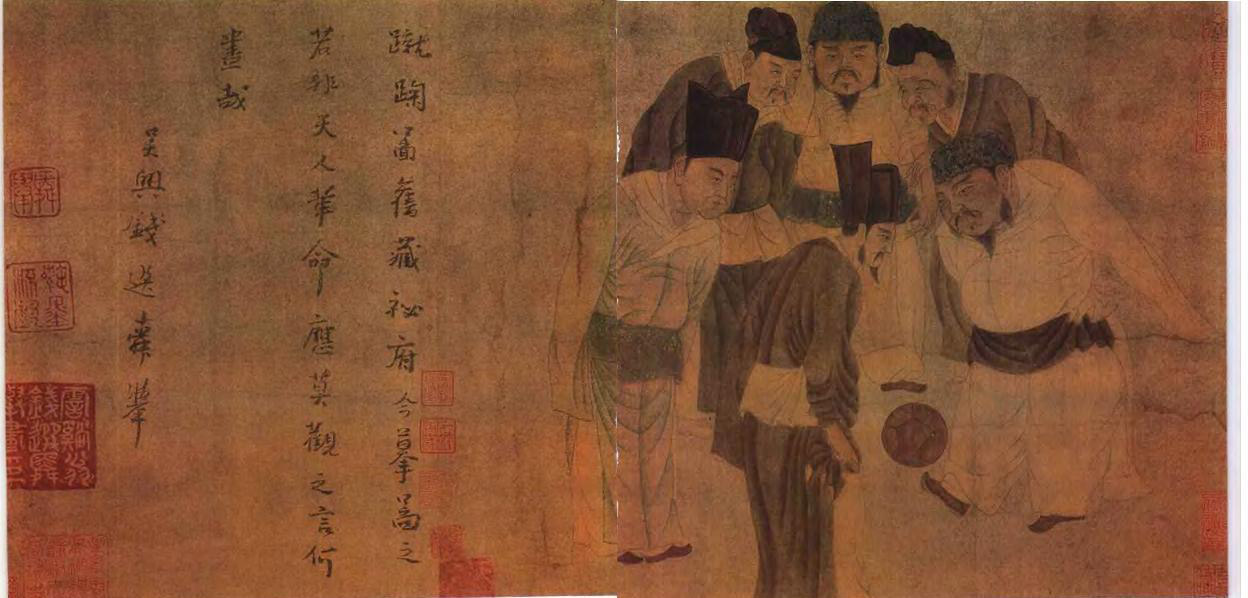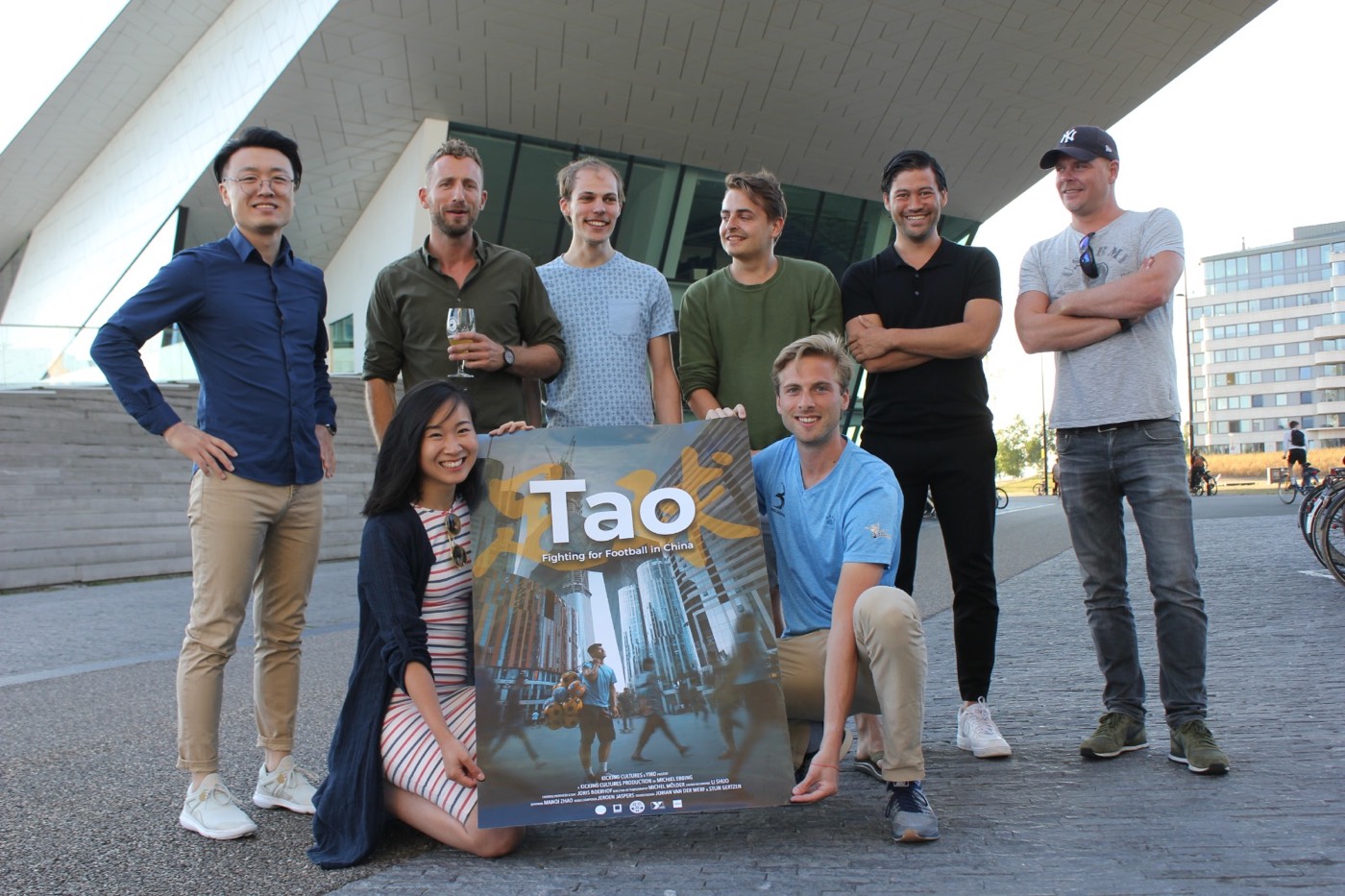Tao - Fighting for Football in China
Our story
Trailer

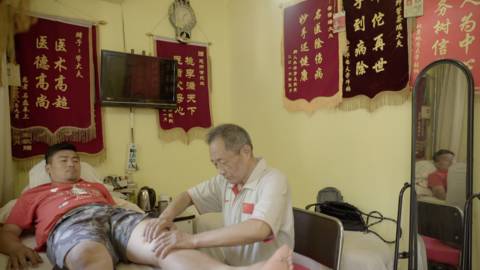
Since 2015, we have been working on a documentary about the developments in Chinese football. The goal of the project is to better understand and to document the developments Chinese football is going through, and which challenges China has to conquer in order to become a successful football nation. Recently Chinese football has received a lot of attention because players from all over the world are being attracted to play in the Chinese Super League with astronomic salaries competing even with the richest clubs in Europe. Many top European leagues have seen some of their largest clubs being bought by Chinese investors. But what is really happening in China?
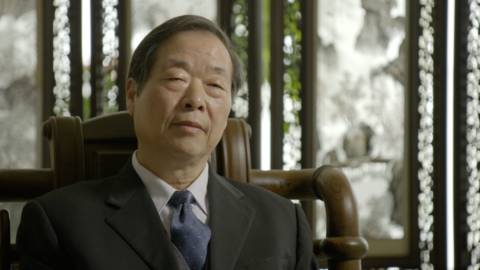
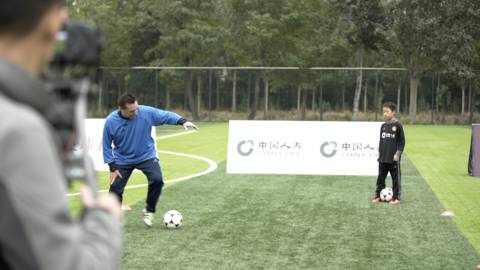
The Chinese Ministry of Education recently declared football a compulsory part of the national curriculum and pledged to build tens of thousands of football schools and football pitches. In addition, they brought over thousands of foreign soccer coaches, adopted foreign training systems, while sending Chinese PE teachers for further study overseas at the same time. The question remains if this will have the desired impact: the academic pressure, the children’s safety, the bad reputation of the game in China, and pollution are all reasons for Chinese parents to refrain their children from playing football. The answer to whether China will be successful in football lies within the capability of Chinese culture to adopt football as their own.
